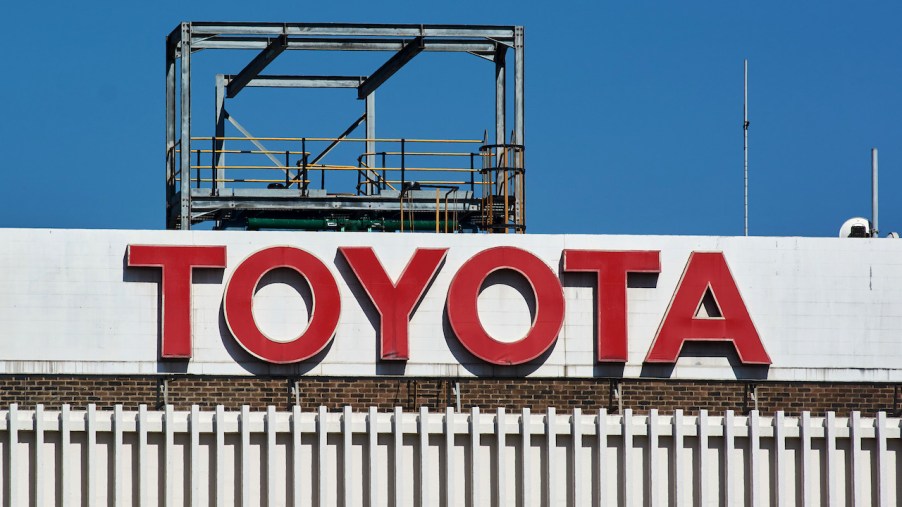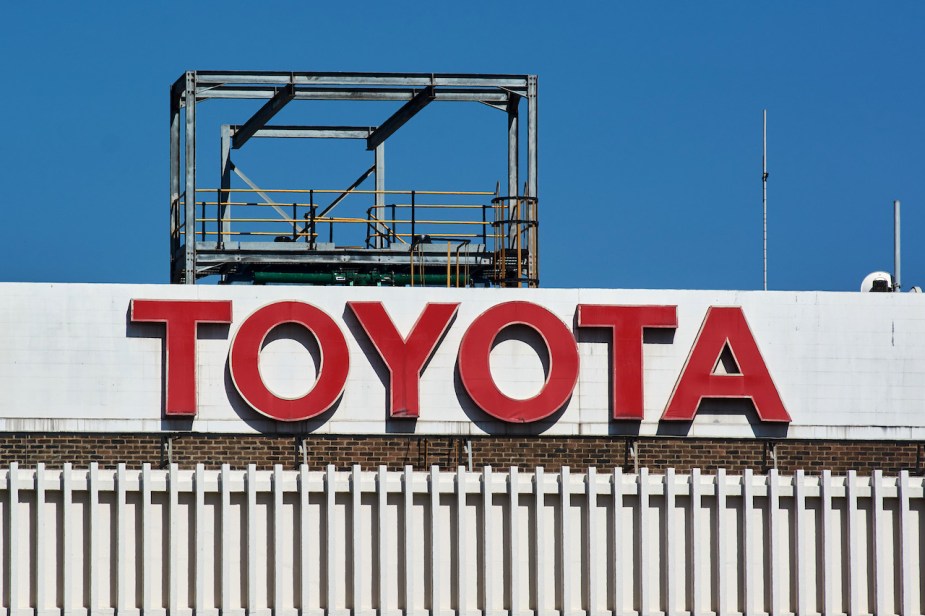
Japanese Emissions Scandal Targets Toyota’s Hino Truck, Shipments Halted
Japanese commercial vehicle manufacturer Hino Motors has halted shipments of many utility trucks pending allegations of widespread emissions data falsification. The information goes back 20 years, at least a decade earlier than initially indicated through past investigations. Hino president Satoshi Ogiso claims the emission performance deterioration is an “unintentional” misunderstanding of national regulations. However, it has highlighted a growing mistrust by its parent company, Toyota Motor Corporation.

What is the scandal about?
In March, Japan’s transportation ministry raided Hino’s Tokyo offices and revealed “misconduct” from the falsification of engine performance for exhaust emissions certificates. Also, they found problems in engine performance in at least three models, Reuters stated. Reportedly, the probe into Hino stems from doubts emerging from the 2015 emission scandal involving Germany’s Volkswagen AG.
In a statement, Hino admitted it had falsified engine performance data in its “emissions durability testing” after the company learned that the engine would exceed regulatory emissions standards over the vehicle’s “full useful life,” ABC reports. The company achieved this by replacing a muffler used to purify noxious emissions into nitrogen and water during testing, and continued use of the original test the second replacement muffler.
Moreover, Hino cheated fuel economy figures in two engines applied to heavy-duty trucks and buses. The company admits fuel flow rate values were altered “to make it appear advantageous in relation to fuel economy.”
What Hino engine models are involved?
In a press release from Hino, the company will pull the following engine models from the market:
- A05C in the medium-duty Hino Ranger pickup truck
- A09C in the heavy-duty Hino Profia truck and heavy-duty Hino S’elega bus
- E13C in the heavy-duty Hino Profia truck and heavy-duty Hino S’elega bus
- N04C in the light-duty Hino Dutro cab-over truck, Toyota Coaster bus, and Toyota Dyna and Toyoace light-duty trucks
Nevertheless, shipments featuring the N04C powerplant will be fulfilled as the engine is made by Toyota, Yahoo Finance states. Hino said in a statement that it impacts 76,694 Dutro light-duty cab-over commercial trucks, meaning the total number involved in the scandal exceeds 640,000.
Hino’s market value plummets in 2022
Following the spring raid, Hino suffered the most significant share plunge in 22 years. The company’s prices were down 17 percent before the end of the trading day—the maximum daily limit allowed under Tokyo exchange rules. On top of that, Hino has halted the vehicles in question, pausing shipments for roughly 60 percent of its vehicles this year alone.
In mid-August, Hino’s shares dropped another 3.5 percent when the news of one of its engine models failed emissions testing. It fell a further 7.3 percent the following day, MarketWatch reported. Hino is currently down 38 percent in 2022, Yahoo states, making the commercial vehicle manufacturer the worst performer of the 57 automakers comprising the Tokyo exchange’s automotive index.
Car Scoops states that just last week, Toyota—50.1 percent owner of Hino Motors—expelled the commercial vehicle maker from the Commercial Japan Partnership Technologies Corporation (CJPT). In addition, the partnership looks transition to battery electric, hydrogen, and fuel cell vehicles, Hino will be left in the past.
Toyota looks to restructure Hino soon
According to Financial Post, Hino maintains that an “inward-looking corporate culture” and a failure of management-engineer relationship building. This created an environment dedicated to targeting sales figures over manufacturing and regulatory processes. Ogiso told Reuters that the misconduct was merely due to a lack of understanding of the truck emissions regulations. However, Toyota chief executive Akio Toyoda expressed his discontent with the matter. He seemingly speculates that Hino may be subject to a corporate restructuring shortly.
“We are extremely disappointed that Hino has once again betrayed the expectations and trust of its stakeholders with the revelation of a new round of wrongdoings,” Toyoda said. “Having continued a number of wrongdoings in the area of engine certification…we will closely watch whether Hino can be reborn as a company worthy of the trust of its stakeholders.”


